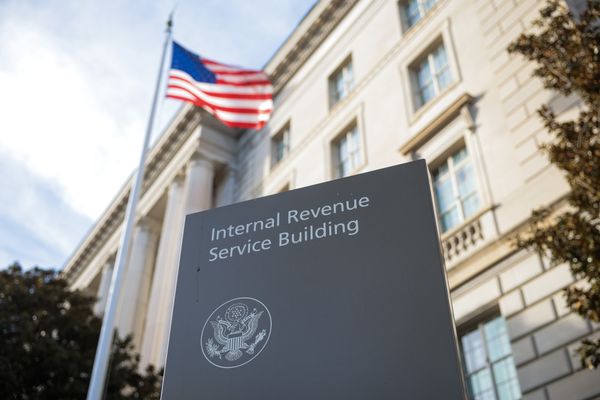
The chief of the Australian Defence Force and the prime minister have rejected Chinese accusations Australia was spying on their troops when flares were dropped in front of a navy helicopter.
General Angus Campbell said he did not accept the statement from China's defence ministry that Australia's actions caused the response from its forces.
"That helicopter was behaving in a correct and disciplined fashion," he told reporters in Canberra on Thursday.
General Campbell said he expected all militaries to act in a safe manner.
"That's what I expect and that's what I expect our people to give," he told a defence conference.
"That's the issue at play and I think in the circumstances that occurred, we were not satisfied and very reasonably not satisfied with regard to both safety and professionalism."
The federal government earlier called the action of the Chinese J-10 jet, which launched the flares directly ahead of the Seahawk helicopter and forced it to take evasive action, unprofessional and unsafe.
China's Ministry of National Defence spokesman Senior Colonel Zhang Xiaogang said HMAS Hobart sent the helicopter up three times to conduct "close-in reconnaissance and disturb the normal training activities of the Chinese side".
China responded with a "vocal warning" before taking "legitimate, reasonable, professional and safe operations to expel it", he said in a statement late on Tuesday Beijing time.
"We urge the Australian side to truly respect China's sovereignty and security concerns, cease spreading false narratives, strictly constrain the operations of its naval and air forces, stop all dangerous provocations, and avoid undermining the overall relationship between the two countries and the two militaries," he said.

Prime Minister Anthony Albanese reaffirmed Australia's position that the navy had a right to conduct freedom of navigation exercises in international waters in light of China's new accusations.
"It was legitimate, peaceful activity, which should be respected," he said.
"This action by China was unprofessional and unacceptable, we've made that very, very clear."
Australian naval expert Jennifer Parker disputed the claim, saying defence was unlikely to send a helicopter to monitor drills when satellite-based capabilities would be more effective.
"It would be highly unlikely for an Australian ship helicopter to provoke China like this during a naval exercise for limited to no benefits," she told the ABC.
The flares were dropped about 300 metres in front of the chopper and about 60 metres above it on Saturday.
The helicopter was unaffected and all the crew were safe after it took evasive action.

China's foreign ministry spokesman Lin Jian initially condemned Australia's actions as a "provocative move" before the defence spokesman made his statement.
Mr Albanese said there was "no question" Australia's defence forces were operating in international waters and airspace.
The navy aircraft was taking a routine flight and operating from HMAS Hobart in the Yellow Sea, as part of an international effort to enforce United Nations sanctions on North Korea, the Australian government said.
In November, Australian navy divers from HMAS Toowoomba were injured after a Chinese warship issued sonar pulses.







